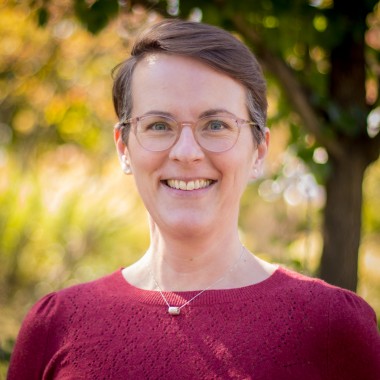Media Convergence and Environmental Change: Content Providers and Practices in the Digital Era

About the Project
We live in a time of digital media abundance. However, it is not safe to assume that everyone has equal access to information or that more information will lead to broader societal agreement and better decision-making. Newspapers and magazines, web-based news providers, cable television channels, non-profit/advocacy groups, and academic institutions all vie to attract and inform audiences about the complexities of things like climate change and biodiversity loss. Digital media, including computers, mobile phones, tablets, and digital television, are integral to content provision, and increasingly, to securing streams of revenue and other funding for content providers.
This project is concerned with who provides information about societal challenges, and how they do so, amid rapidly evolving media technologies and media economies. It is built around one of the most high-profile societal challenges of our time: environmental change. Using a concept called 'media convergence', we will characterize the digital provision practices of 10 organizations that seek to inform the public about environmental change. We will generate understanding of digital content provision practices and how they shape whose voices may and may not be heard within socio-environmental dialogue. Findings will help to address SSHRC's 5th Future Challenge Area by illuminating connections between digital content provision practices, information accessibility, and cultural narratives that should be incentivized, regulated, and, perhaps, altogether avoided in the face of complex societal challenges. Undergraduate students and the public will be engaged through several knowledge mobilization products, including course content, downloadable documents, and an animated video.